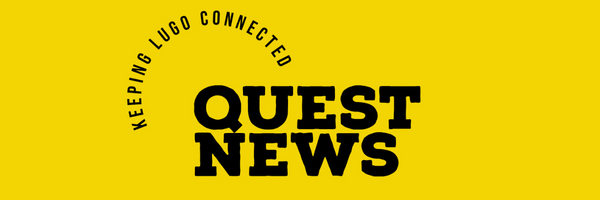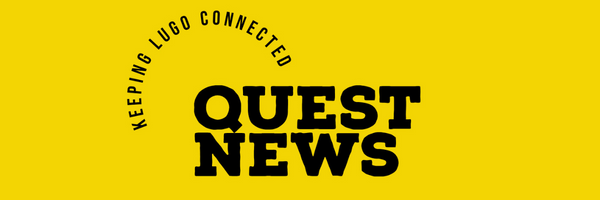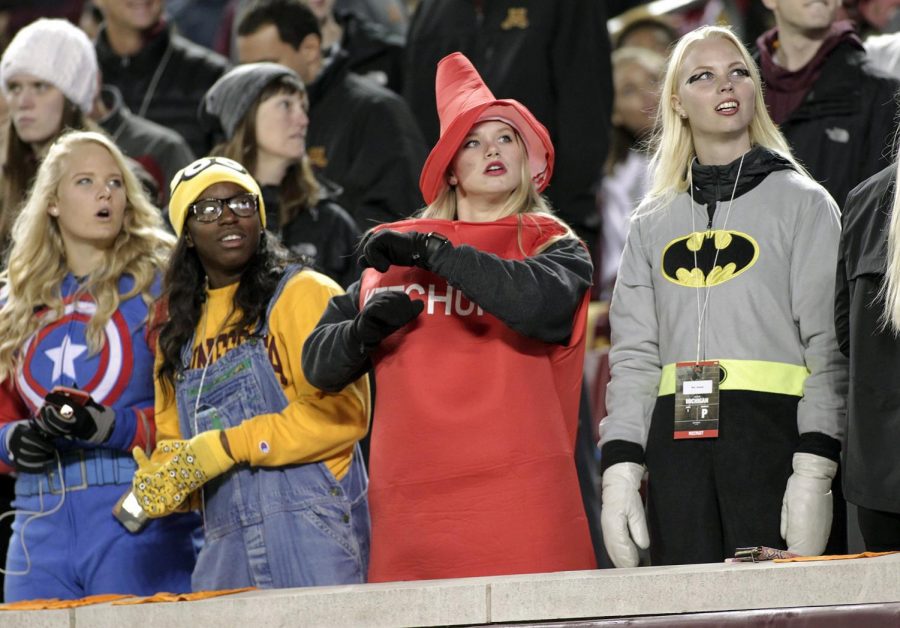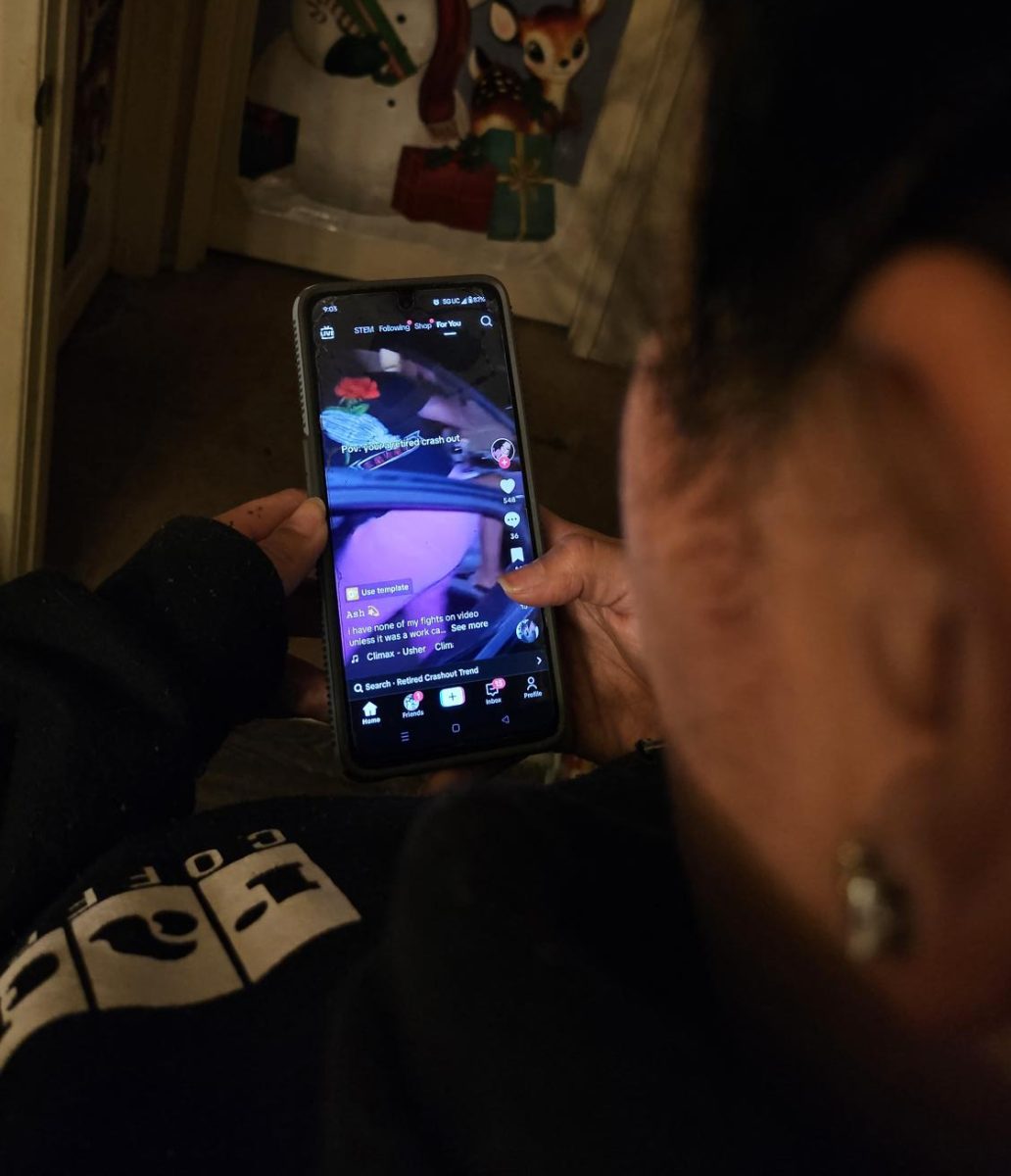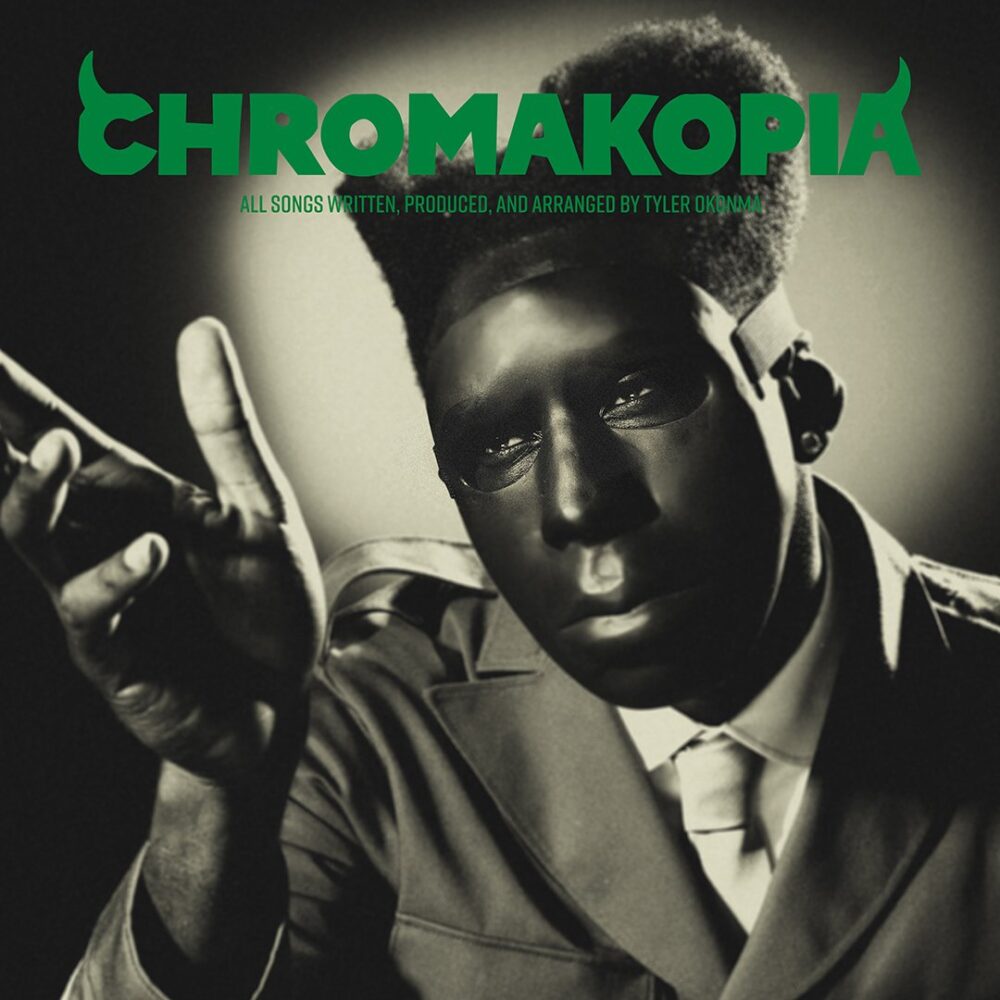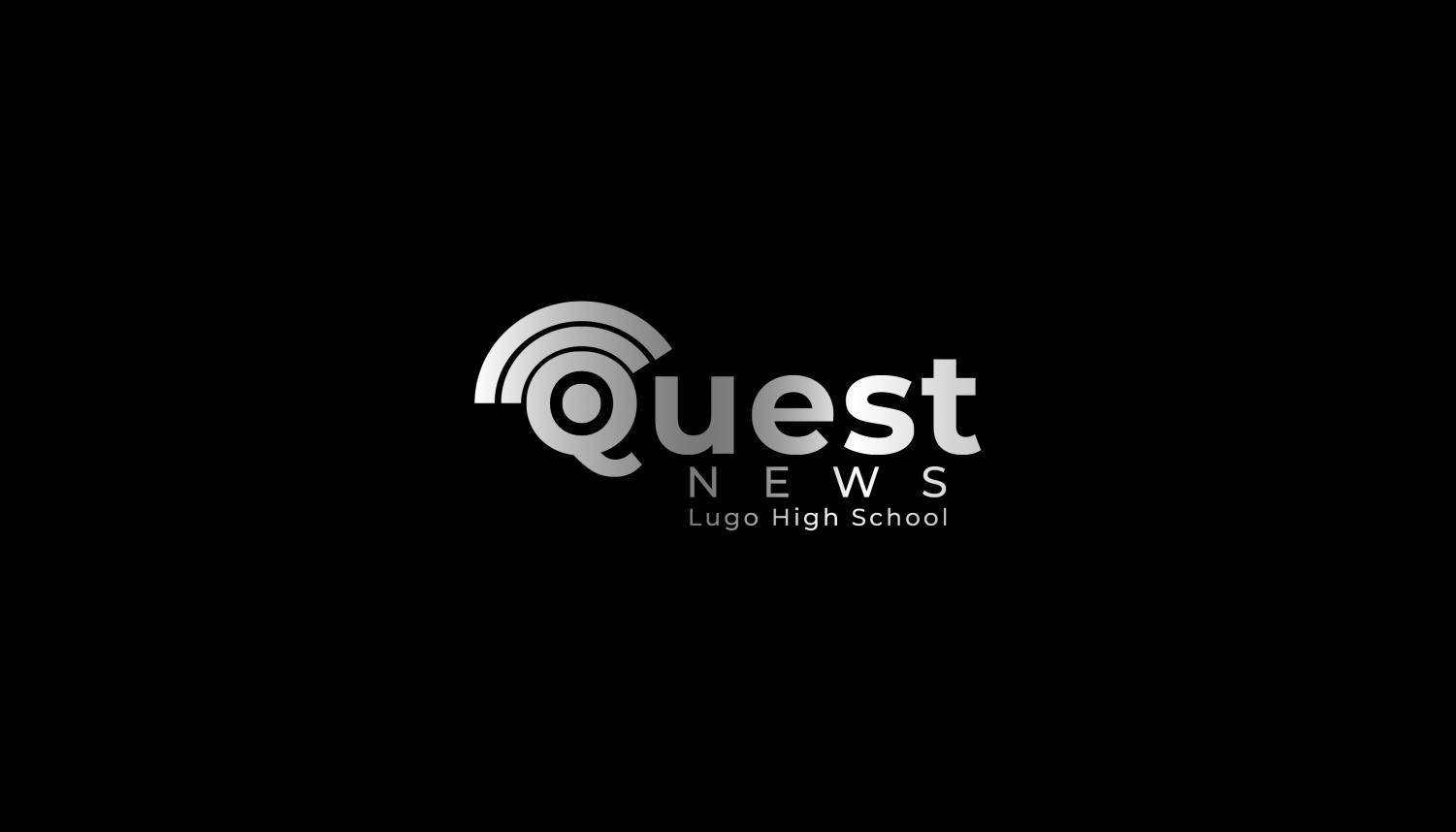Don Lugo expects students to dress respectively and avoid cultural appropriation during Halloween
Four young girls dress up in respectful costumes for Halloween while they stand in the bleachers while watching a game.
October 29, 2020
Halloween is one of the spookiest nights of the year that over 70% of America looks forward to and attends. Unfortunately, due to the Covid-19 pandemic, the CDC recommends families to not go trick or treating this year. To still let students show off any Halloween attire, Friday 10/20 is a school spirit day where students can wear school appropriate costumes.
Students will be expected to dress respectively- i.e to not dress as indigenous peoples or any other harmful or offensive outfits. However, how do students and teachers feel when their culture is appropriated in these outfits?
Rodrigo Belloso, Human Geography teacher at Don Lugo, says, “It doesn’t really matter if you personally find them [the costumes] offensive because most of us agree that it’s unnecessary. Cultural beliefs and subcultures you aren’t a part of aren’t costumes, they are a lifestyle.”
As defined by the Oxford Dictionary, cultural appropriation is the ‘unacknowledged or inappropriate adoption of the customs, practices, ideas, etc. of a society by members of another more dominant people or society.’ Therefore wearing Native American headdresses, Japanese kimonos, parkas ‘inspired’ by Inuits, cornrows, Mexican ponchos, turbans, and many other cultural pieces as a costume can be seen by students with that culture as disrespectful.
Mariah West, a freshman at Don Lugo, explains how cultural appropriation can also be racist, recalling an image of a woman dressing as a character from the show Orange Is the New Black. “The character is black, but for this person’s costume she mimicked that type of hair and makeup similar to an African American, and so basically, she was blackfacing,” Mariah says. She explains that the offense goes further than just face painting, making it out to be more of pretending and reinforcing racist stereotypes. Fully invested in educating why she disliked cultural appropriation, she concludes with the statement “pretending to be a person who is discriminated against on a daily isn’t right.”
An anonymous student at Don Lugo included how they felt about other types of controversial costumes- religious outfits. “Such as when people dress like Jesus. And they’re, like, mocking Jesus, and doing all kinds of like, crazy things in a Jesus outfit. Wouldn’t it bother you if you were a devoted Catholic or Christan that worships that person?” The student went on, sharing how they once met a person dressing as an Indian deity. “It was completely inaccurate, and I felt embarrassed that’s how some people view my culture.”
Rodrigo Belloso, Human Geography teacher at Don Lugo, elaborated on the other’s responses and said, “When it comes to costumes, it is more than a silly outfit. The thing is, it might not be more than a costume to the person wearing it but you have to be aware of how it is presented to the rest of the world.” Mariah and the anonymous student both spoke up and reminded their friends and family to double-check their costume and ask themselves if they were wearing a culturally appropriate costume. They encourage you to check your costume and make sure you are not offending others and to have a happy Halloween!
